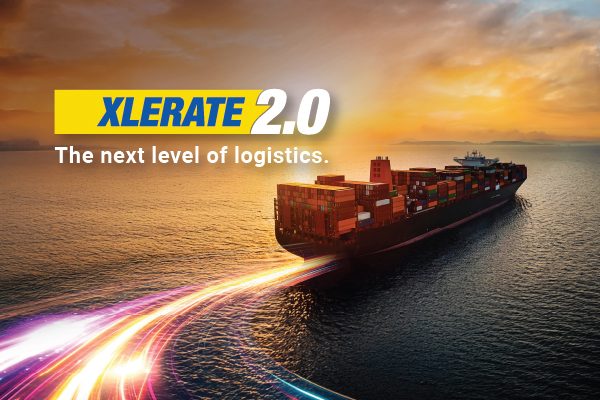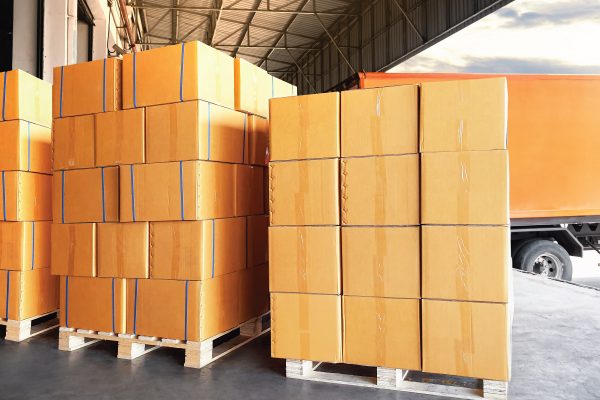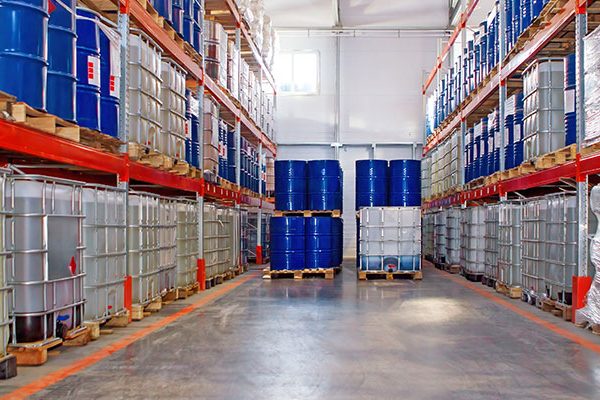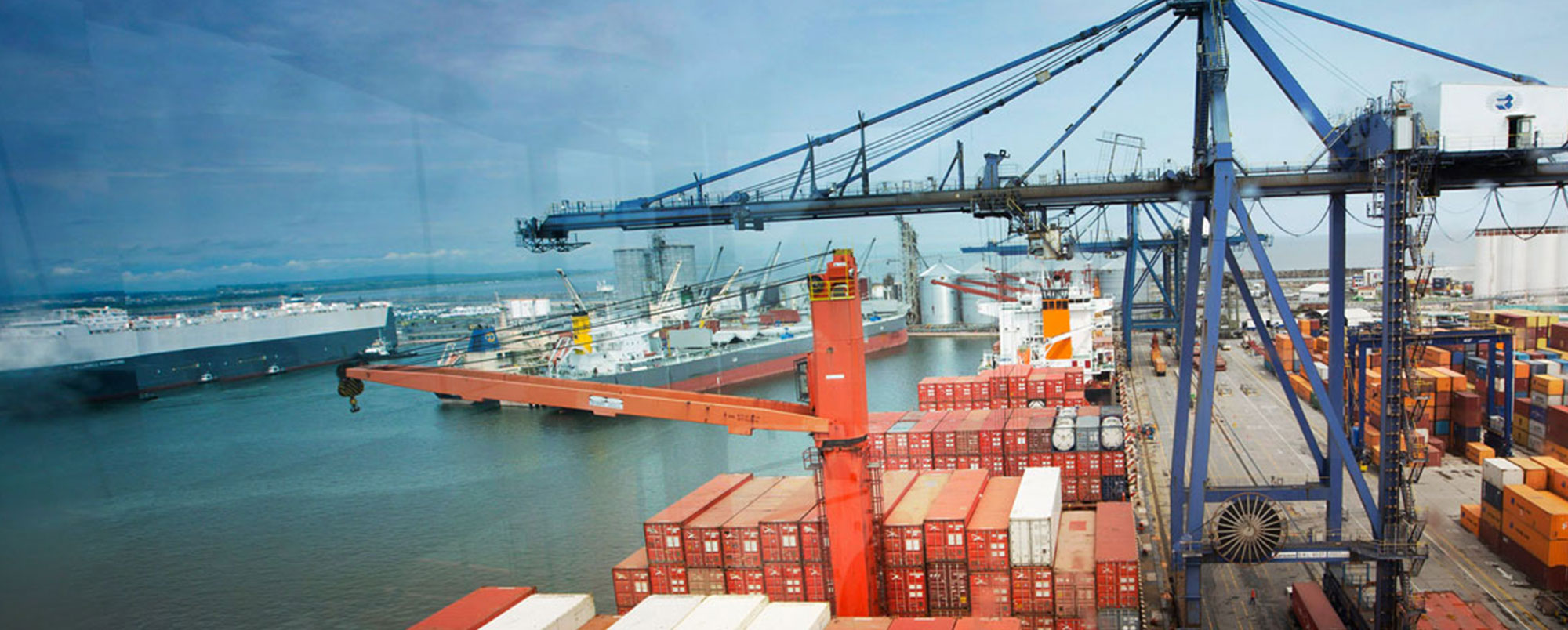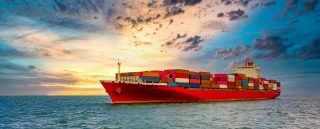At Home in Mexico Mexico’s topography and strategic location straddling two oceans and linking two continents makes it a prime market for logistics and cargo consolidation.
Home to the great civilisations of the Aztecs, bordered by the advanced economy of the US on one side and the developing markets of Latin America on the other, Mexico is a country of contrasts. High mountains, sweeping deserts, deep canyons, dense tropical forests—all are a part of this large country.
Straddling the Pacific ocean, and with access to the Atlantic, Mexico’s GDP of $1.14 trillion is built on trade and domestic spending, fuelled by the fact that it is one of Latin America’s emerging markets. As a result, its seaports see a lot of activity as they channelise the country’s main imports of gasoline, iron, rubber, paper products, food and pharmaceuticals, and its exports of petroleum, cars and auto parts, machinery, food, beer and tequila.
Smooth transportation of cargo is critical to the growing economy of this Spanish-speaking country. Mexico is a part of 15 free trade agreements with 45 countries, the most significant being the North America Free Trade Agreement (NAFTA). This has led to a considerable increase in international trade and the dramatic growth of the maquila industry. Mexico is home to maquiladoras (local manufacturing operations set up by foreign companies for processing and exporting products to that company’s home country), the majority of which are concentrated near the seaports. Mexico’s main freight traffic routes cover USA, which is why the Mexican market is key to the growth and expansion of ECU Worldwide in the region. Asia and Europe are the other big import routes, and Latin America is a prominent export destination.
Growing business
ECU Worldwide has been present in Mexico since 1998, and has become an integral part of the nation’s logistics and transportation scene. “We have full coverage of Mexico’s important commercial regions. Our large network allows for smooth and efficient operations, and excellent service to our customers. We have the lowest deconsolidation times for LCL in our industry,” says Francisco Martinez, Country Manager for Mexico. Other competitive advantages include ground transportation service for pick up and door delivery across the country, as well as additional services such as cargo insurance, air freight, and overland truck load services to Central America.
Mexico has several ports and terminals operating with high productivity standards. Plans are on to build a new port in Veracruz and a new terminal in the port of Lazaro Cardenas. The current airport of Mexico City is inadequate, but a new modern airport is scheduled to open in 2020. Mexico’s railway network is also extensive and under modernisation.
Where ECU Worldwide faces a challenge is in warehouse infrastructure in the ports. For example, in the port of Manzanillo, warehouse space is limited and connectivity between terminals and warehouses is restricted. “Our core business is LCL and this space issue directly impacts our operation,” says Martinez. To counter this, ECU has negotiated with various warehouses and terminals at Manzanillo to have sufficient coverage. Martinez puts forth another point, “As an example of our leadership in this sector, ECU Worldwide Mexico has successfully developed new import traffic from Asia to Mexico to arrive at the port of Lazaro Cardenas. This alternative offers importers better and more standardised time leads. This enables our customers to manage their ‘just in time’ inventories.”
Ground reality
Mexico’s logistics industry faces challenges that are unique to this nation. For instance, the customs inspection process, intended to prevent piracy, smuggling, narcotics trade, etc. “Currently 15 per cent of shipments are inspected whereas only 2 per cent of them are irregular. The aim of the authority is to reduce inspections but achieve a higher success rate in identifying irregularities,” says Martinez, who explains that this is more of an issue for the chemicals and pharma industries, where consignments are meticulously checked by port authorities on the lookout for drug precursors (chemicals that could be used in the production of narcotics).
Mexico’s customs authorities are working to adopt international best practices in order to be competitive. “One such change is that an importer can arrange for customs clearance without hiring a customs broker. Obviously this process will take some time to be implemented, and will be more feasible for some industries than others, but it is certainly an important change,” says Martinez.
Poised between Central America and the USA, Mexico, with its 122 million population, represents a blossoming economy and a land of tremendous opportunity. And ECU Worldwide Mexico, with its committed and experienced team built up over nearly two decades, has laid down a wide base and strong roots in this fascinating market.




